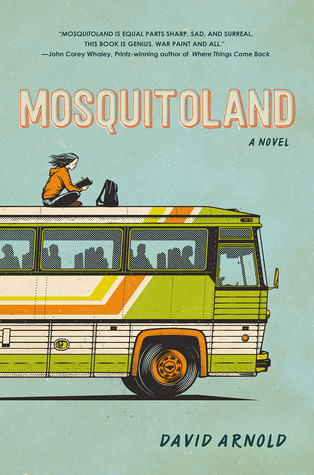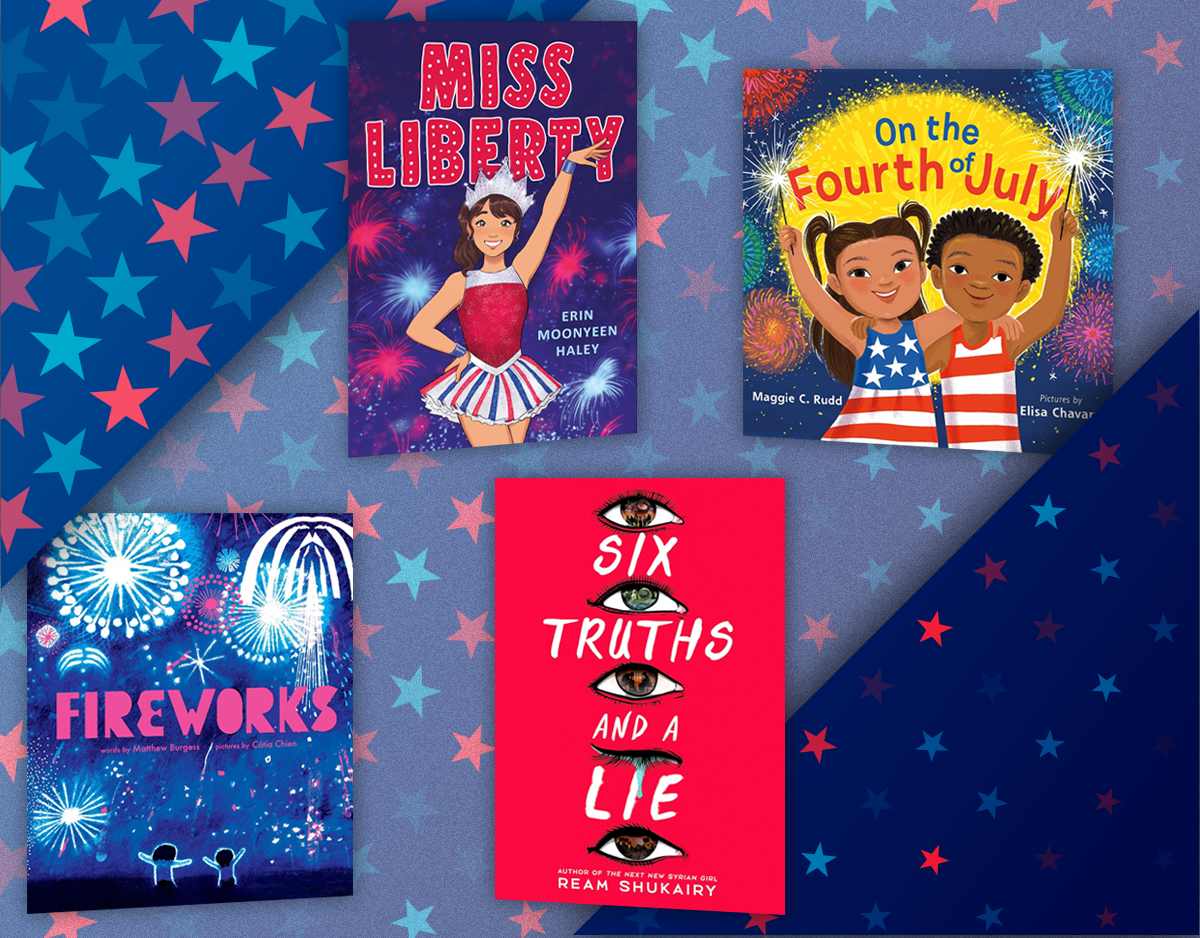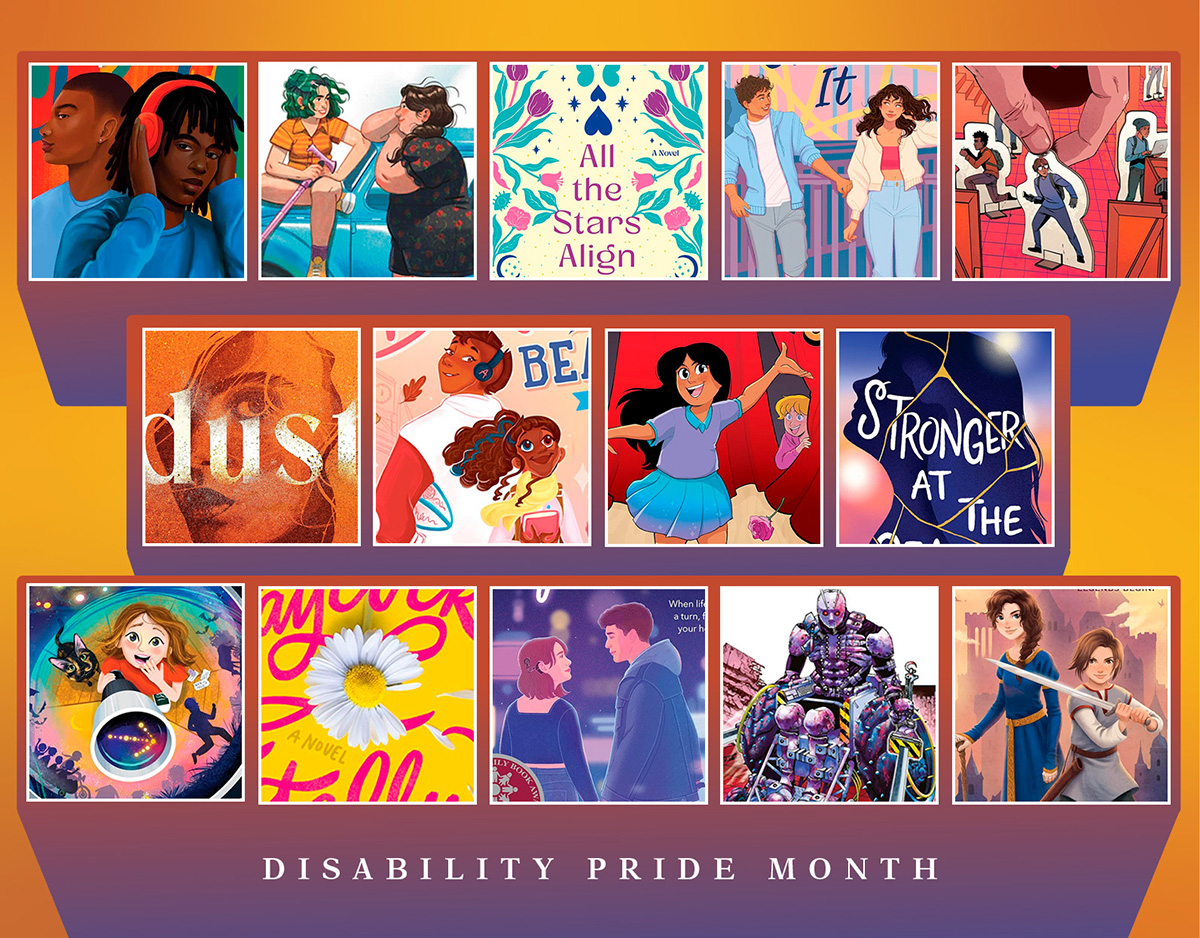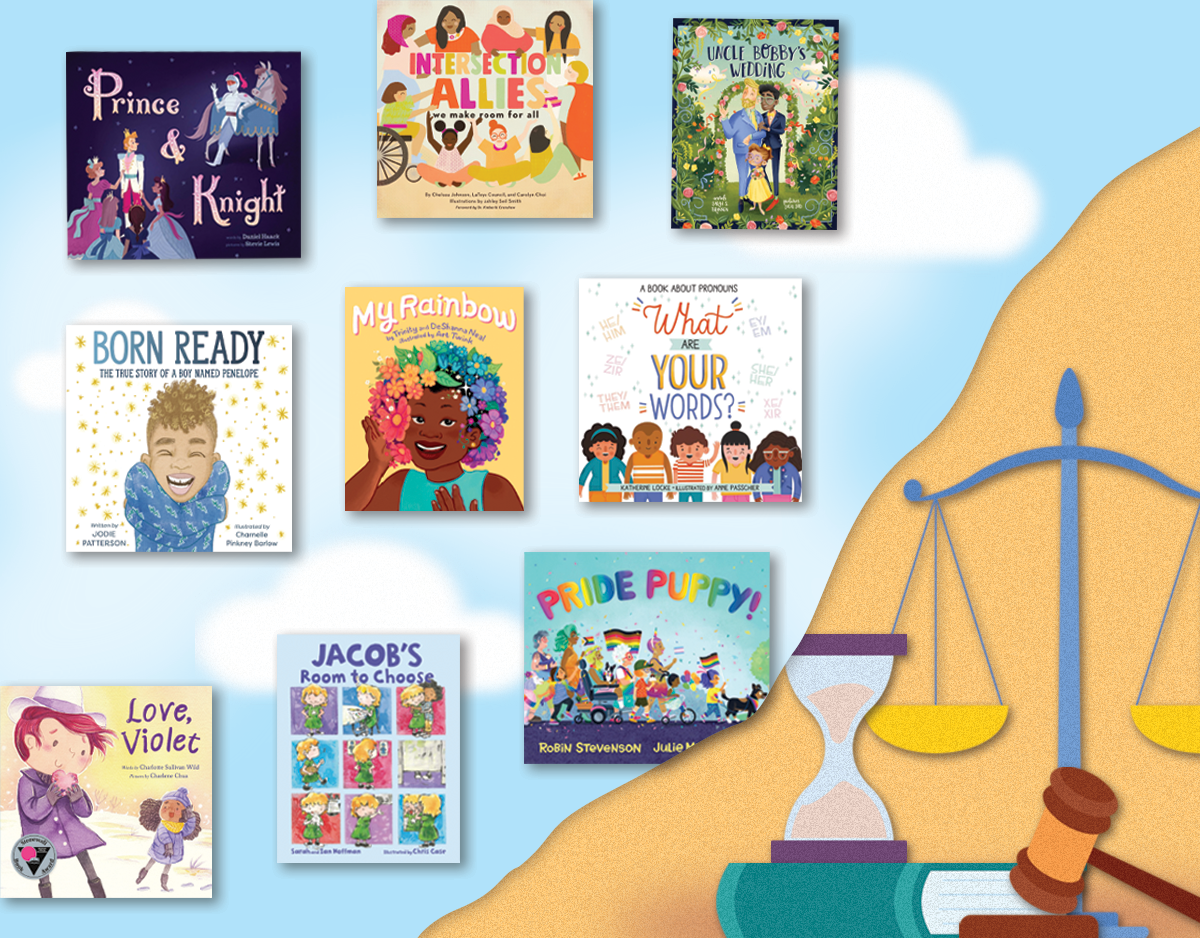SCROLL DOWN TO READ THE POST
You know nothing, Mim Malone: Mosquitoland
 Mosquitoland, David Arnold
Mosquitoland, David Arnold
Viking, March 2015
Reviewed from final copy
There are major spoilers ahead so if you don’t want to know major plot points for Mosquitoland proceed with caution.
At a certain point in one’s reading life, first person narration immediately triggers suspicion of an unreliable narrator. It’s not a terrible starting point because when do people ever tell stories without bias? The conventional wisdom is that everyone is the hero in their own story and this is definitely true of Mim Malone, our unreliable, letter-writing, narrator who runs away from the titular Mosquitoland (her new home in Mississippi) to rescue her ailing mother in Ohio. Mim is smart enough that we can believe in her ability to make the journey and navigate the various practical obstacles, but broken enough for us to question her emotional stability and judgment. Her voice is clear and distinct in David Arnold’s quirky road trip odyssey.
This is his debut novel and landed on our list after earning three stars. Amid the buzz however, there’s been criticism aimed at Mim’s understanding and use of her “one-sixteenth” Cherokee heritage. On her blog, American Indians in Children’s Literature, Debbie Reese has written extensively about this issue; I encourage you to check out her posts including one in which David Arnold responds to the criticism. Since that conversation has been so thoroughly and thoughtfully covered, let’s look at some of the other criteria to determine the possibility of seeing Mosquitoland earn a special sticker this winter.
ADVERTISEMENT
ADVERTISEMENT
Although the unreliable narrator can easily feel like an overdone YA lit trope if handled poorly, it works well here. The adjustment in voice between Mim’s letters and the regular narration adds to the reader’s distrust of her as a reliable source. In her letters, she speaks with authority, reflecting on various scenes from her past. Within the book’s narration though, we see a slightly less filtered Mim; a girl who is making things up as she goes and doing her best to hold on to the few things she knows to be true.
A single sentence near the end of the book creates a satisfying pay off to Mim’s development. “I am a child. I know nothing about anything. And even less about everything.” Mim (who had no idea that her mother was in rehab and not terminally ill as she had thought) quickly comes to the revelation that every teen has at some point in their adolescence: that the world is so much bigger than they knew, that people are complicated and contradictory, and that their narrow perspective may not always be reliable. Despite all of the experiences Mim has had that could have opened her consciousness of the world, it’s the most personal experience at the end of her journey that forces her to see how myopic she’s been. It’s a common coming of age arc but it feels hard won and deserved.
Another major theme Arnold works with is mental illness. Mim suffers from anxiety and describes her doctors and various treatment she’s had. I was uncomfortable with Mim’s conclusion that a medicated life is no life at all. Reading her as an unreliable narrator doesn’t give this message an extra dimension or allow the reader to understand Mim’s decision as harmful or potentially dangerous. As I wrote last week, literature for young adults bears a responsibility to the intended audience. This doesn’t mean that every book must have a positive, uplifting message with characters always doing the right thing–it’s banned books week, folks, I’m not looking for moral perfection in my reading–but when it comes to mental health, race, and sexuality, misinformation is a problem with accuracy, one of the criteria for Printz evaluation. This, along with Mim’s engagement with negative stereotypes of Native people,* is probably enough to take the book out of the Printz conversation.
There’s no question that David Arnold can write. His sentences use wonderful rhythms and imagery, and Mim is truly a unique voice. Supported by a stronger story and fuller characters, I could make a case for this one, but the accuracy problems are too big. This is just my take though and I’ve seen some very positive reviews of Mosquitoland. It’s a divisive title so let’s talk in the comments.
*It is possible that David Arnold wants the reader to see Mim’s attitudes and behavior as insensitive, but it’s not clear in the text.
Filed under: Contenders, Fiction
About Joy Piedmont
Joy Piedmont is a librarian and technology integrator at LREI - Little Red School House & Elisabeth Irwin High School. Prior to becoming a librarian, Joy reviewed and reported for Entertainment Weekly’s PopWatch. She reviews for SLJ and is the President of the Hudson Valley Library Association. When she’s not reading or writing about YA literature, she’s compulsively consuming culture of all kinds, learning to fly (on a trapeze), and taking naps with her cat, Oliver. Find her on Twitter @InquiringJoy, email her at joy dot piedmont at gmail dot com, or follow her on Tumblr. Her opinions do not reflect the attitudes or opinions of SLJ, LREI, HVLA or any other initialisms with which she is affiliated.
ADVERTISEMENT
SLJ Blog Network
The Last Book You Will Ever Read in 2025
World Premiere Video for a Brand New Amos McGee! With Special Q&A with Erin E. Stead
Bizarre Bazaar | This Week’s Comics
Heavy Medal Suggestions: 73 Titles and Counting
When Books Sing: Why Music in Literature Matters, a guest post by Rayne Lacko
The Classroom Bookshelf is Moving
ADVERTISEMENT
ADVERTISEMENT







